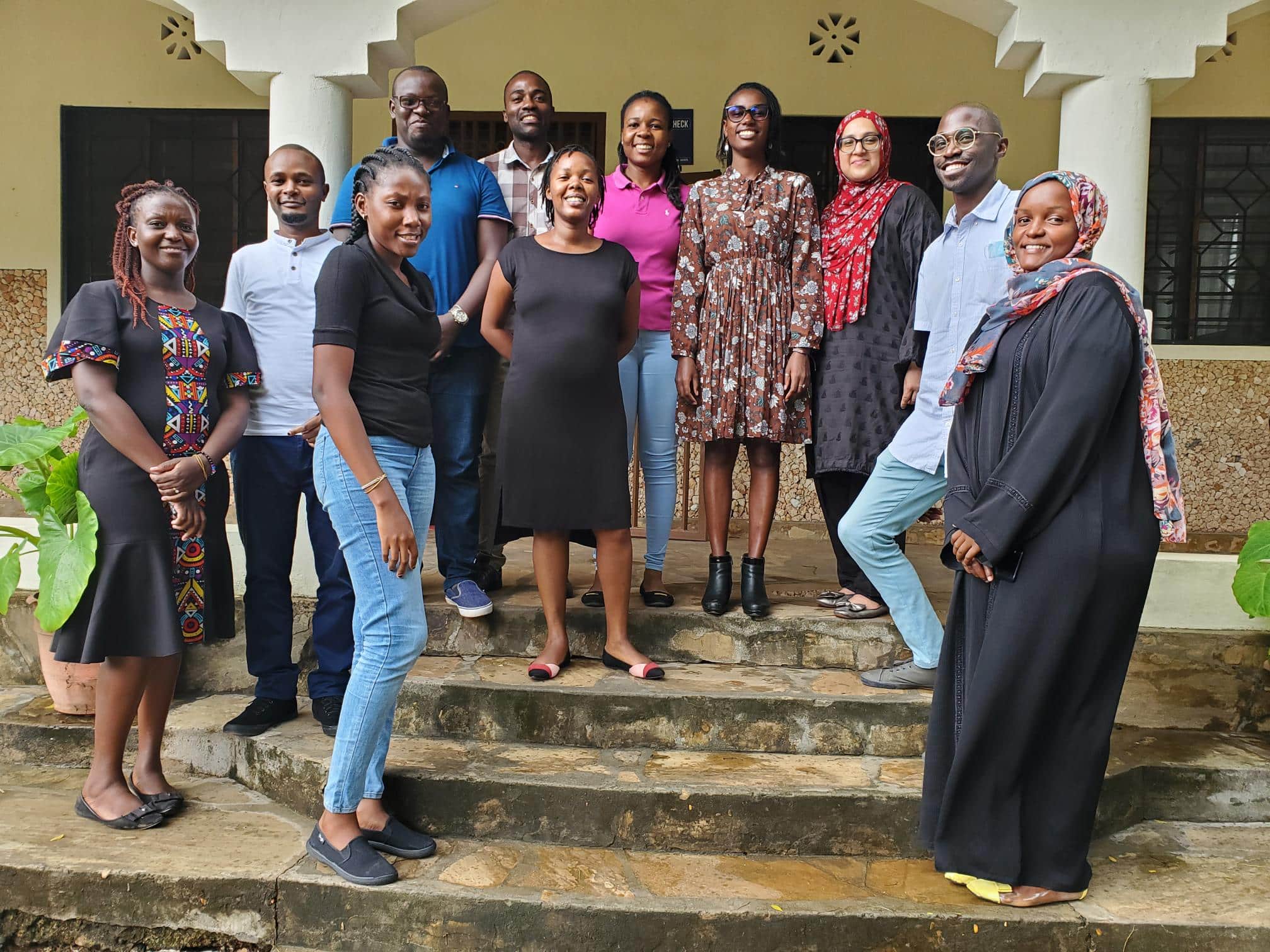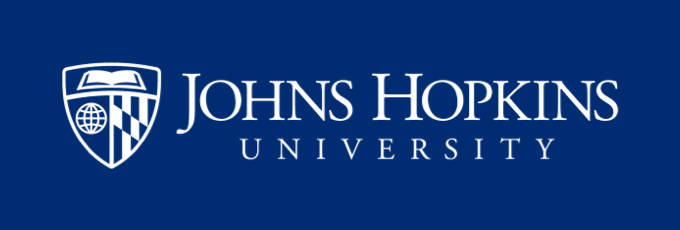To succeed as a public health professional, break disciplinary boundaries — this is precisely what tomorrow’s world-changers are learning to do at the Johns Hopkins Bloomberg School of Public Health. Ask Assistant Scientist Nukhba Zia, and she’ll aptly describe how the school champions the benefits of interdisciplinary public health training.
“We need to cut across different sectors,” she says. “To ensure our students do so, we maintain a strong reputation for bringing in entrepreneurs and government officials to work with us on addressing issues around disparities, decolonisation, use of technology, and capacity development, amongst many others.”
Zia would know what it takes to truly spark change, especially after spending over a decade of her career as a medical doctor and a health systems researcher across Africa and Asia. Like her, a majority of educators and faculty members arrive at the Bloomberg School with plenty of stories and insights to share — most of which revolve around their years of service.
This is just one of the ways the school ensures a real-world education to its budding public health heroes. Their journey begins with the right opportunities. For example, they leverage the multicultural student body that surrounds them to understand the prevalent health disparities in both high- and low-income countries. The perspectives they gain come in handy when presented with once-in-a-lifetime chances to work with the World Health Organisation or local organisations in underserved countries.
“Our department relies on hands-on learning and real-world field experience,” says Zia. “ We encourage our postgraduate students to gain this experience across the world. Many opportunities are made possible by the Centre for Global Health, which offers a number of funding opportunities for faculty and students engaged in the study and research of pressing international health issues. We also have strong institutional partnerships that transport students to places like Uganda, Bangladesh, Peru, and Zambia.”

Source: JHU
The kind of impact students bring to these places is entirely up to them, especially since long-standing public health challenges abound and new trends are emerging at rapid-fire speed. For instance, cost-effectiveness is becoming increasingly crucial — students who undergo the MHS in Global Health Economics programme evolve into health economists capable of translating research into policy and directly informing governments and organisations on the best course of action.
Zia notes that aspiring public health practitioners should also be able to design, implement and analyse. “All our Master of Science in Public Health degrees in International Health teach these,” she says. “It teaches them to plan and consider interventions in different concepts. Polio, for example, was eradicated from all over the world, but Pakistan and Afghanistan are still struggling. Our students look at their eradication efforts to improve them.”
These are just two of the over 130 world-changing academic programmes offered at the Bloomberg School’s departments of Biochemistry and Molecular Biology; Biostatistics; Environmental Health and Engineering; Epidemiology; Health Policy and Management, Health, Behaviour and Society; International Health; Mental Health; Molecular Microbiology and Immunology; as well as Population, Family and Reproductive Health.
Programme types span master’s degrees, doctoral degrees, combined/dual degrees, certificate programmes, accelerated learning institutes, residency pogrammes, and professional training.
All options unlock access to witness the groundbreaking discoveries made every day by Bloomberg School’s faculty members, who conduct studies within their departments and across more than 80 centres and institutes, and in over 120 countries — like the Bloomberg Philanthropies Initiative for Global Road Safety. Ran in over 25 countries, this programme is helping governments strengthen and implement proven solutions through key road safety interventions, like helmet and seatbelt-wearing and drunk-driving reduction.
Abdullah Baqui, a professor of International Health, helped find that a glucocorticoid can improve the survival of premature babies when given to pregnant women at risk of early preterm birth in low-resource settings, such as Bangladesh, India, Kenya, Nigeria, and Pakistan.

Source: JHU
Christine Marie George, associate professor of International Health, is leading a project focused on testing a low-cost digital water, sanitation, and hygiene (WASH) programme in rural Bangladesh. Meanwhile, fellow associate professor, Steven Harvey, is spearheading a Peru-based project aimed at improving indoor air quality and the health of residents. He and his team are currently testing strategies to move families away from cooking with biomass fuel (wood, crop waste, charcoal, and animal dung) by making cleaner fuels like liquified petroleum gas (LPG) more affordable.
These are just some of the ways the school is developing, evaluating and disseminating treatment and prevention strategies to spark global change. To join them, click here to apply to the Bloomberg School today.
Follow the Johns Hopkins Bloomberg School of Public Health on Facebook, Instagram, Twitter, YouTube, and LinkedIn











